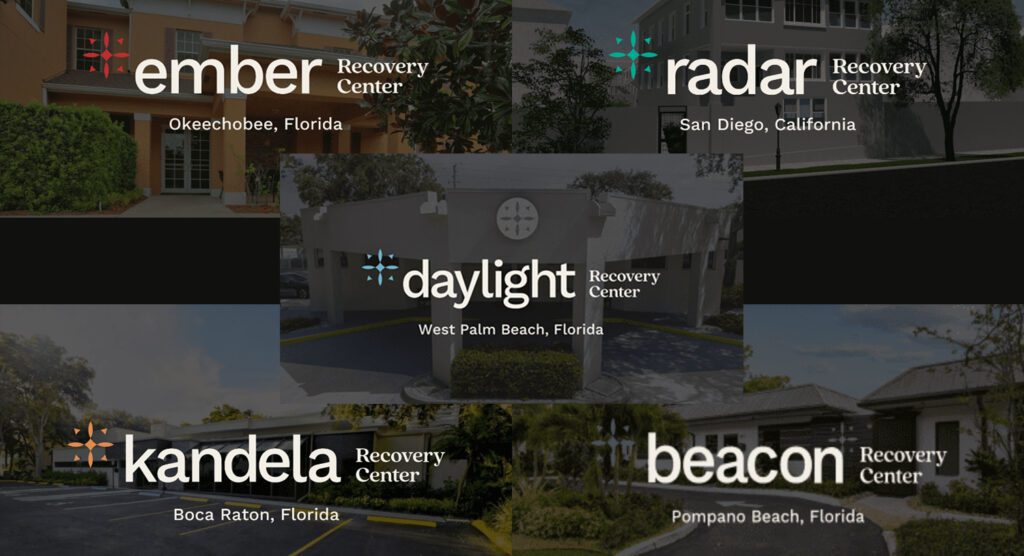Methamphetamine Addiction & Abuse
Methamphetamine is a powerful and highly addictive chemical substance that causes an immediate euphoric reaction. Used illegally as a stimulant, it directly affects the body’s central nervous system.
Methamphetamine Addiction And Abuse
Methamphetamine is a powerful derivative of amphetamine that was developed in the early 20th century. Originally used in bronchial inhalers, it has become a widely abused stimulant that is smoked, inhaled, injected and swallowed. Its short-term effects include feelings of euphoria, extreme wakefulness, a rapid heart rate, increased blood pressure, and a decreased appetite.
Also known as speed, meth, crystal meth, or ice, methamphetamine causes high levels of dopamine to be released in the brain’s pleasure and reward pathways. In turn, the brain learns to repeat the activity that led to the pleasurable outcome. An addiction inevitably develops as the user keeps taking the drug.
If you are experiencing an addiction to methamphetamine and/or other substances, please contact us for substance addiction intervention and rehabilitation.
Substance abuse can have extremely negative consequences. Learn more about the risks and consequences of methamphetamine addiction and get the help you need. Drug addiction is not easily treated or cured without medical intervention.
What Are The Factors Leading To Methamphetamine Abuse?
Methamphetamine use creates an intense high that makes users feel alert and energized. Under the influence of methamphetamine, a user can stay awake for long periods of time. When the effect wears off, it leads to a “crash” that is characterized by lethargy, depression, and anxiety. Periodic use over an extended period of time is referred to as a binge, and some who engage in the behavior stay awake for days before finally succumbing to a lengthy crash.
Prolonged use of methamphetamine can have serious medical consequences. The toll that it has on the brain and body is significant. Over time, smoking meth can result in what is called “meth mouth,” which is characterized by tooth decay and rotting gums. In addition, structural and functional changes occur in the brain. Users can develop psychosis and a number of cognitive and emotional problems. Short-term negative consequences are no better. They can include hyperthermia, an irregular heartbeat, and in cases of overdose, death.
Knowing the deleterious effects of methamphetamine is not enough to cause someone to stop using it. Addiction only makes one care about the next fix. And when a user who is addicted suddenly stops using the drug, withdrawal symptoms follow. They include the following:
- An increased appetite
- Meth cravings
- Fatigue
- Depression
- Hallucinations
- Delusions
- Anxiety
With proper medical treatment, it is possible to overcome a methamphetamine addiction.
How To Get Methamphetamine Addiction Help
Neurological damage and other health problems can and do result from methamphetamine abuse. Methamphetamine addiction has deleterious and potentially life-threatening consequences. Brain damage, heart damage, psychological problems, and more are possible if not likely. Recovering from methamphetamine addiction can be difficult, but if you are addicted, please realize that you are not alone.
The first step toward addiction recovery can be intimidating, but we are here to help as you begin your journey toward a better life. Contact us 24/7 at our addiction hotline. We can help change your life so that you can be free of your meth addiction.
With proper intervention and care, you can safely recover from your meth addiction.
How Can Flyland Detox Help With Methamphetamine Addiction And Methamphetamine Abuse?
At Flyland Recovery Network, we have continually shown that drug addiction treatment works best when expertise meets compassion, attentiveness, and a fixed set of sound philosophical principles.
We rely on evidence-based drug abuse treatments that have stood the test of time. Additionally, we believe that if a meth addiction treatment plan is going to be effective, patients should be in a sanitary and structured environment. You can expect Flyland Recovery Network to guard your privacy and provide you with exceptional care. Group therapy sessions and counseling are parred for the course, and a dedicated staff of qualified professionals will facilitate your recovery every step of the way. Massage therapy, chiropractic care, auriculotherapy, meditation, nutrition education, and other integrative services are included.
Substance addiction happens when someone continues to use a substance regardless of the negative consequences that follow. No matter how difficult it may seem, you can end your addiction to methamphetamine. You can recover with an effective methamphetamine addiction rehabilitation plan.
A period of detoxification and withdrawal is part of the meth addiction recovery process. Unpleasant symptoms will occur, but our experienced and dedicated staff will help you stay safe and comfortable. Many withdrawal symptoms will last only a few days, but some (e.g. anxiety) can persist. With us at your side, you can get through the withdrawal process effectively and efficiently.
Integral to continued sobriety is an aftercare addiction recovery plan. Support groups are important since they can help you maintain your sobriety. Relapse is possible, but your chances of relapsing decrease the longer you stay sober. Recovery from drug dependence begins with a customized rehabilitation and recovery plan at a licensed addiction recovery center. Let Flyland Recovery Network be your catalyst to a new and better life today.
How Can I Prevent Relapse And Stay Sober?
Methamphetamine addiction is serious and potentially life-threatening, but treatable. If you do not follow your meth addiction recovery plan, your chances of relapse increase.
Some of the most popular substance abuse relapse prevention strategies include:
- Exercising
- Avoiding people and places that trigger your cravings
- Avoiding activities that threaten your sobriety
- Narcotics Anonymous (NA) meetings
- Support Groups
- Lifestyle changes
- Therapy sessions
- Faith
What Insurance Do I Need To Attend Flyland Detox Center For Methamphetamine Addiction Treatment?
The Mental Health Parity and Addiction Equity Act (MHPAEA) of 2008 make it so that insurance companies have to cover treatments for substance use and mental health conditions like they do for other diseases (e.g., heart disease). Licensed, high-quality substance addiction treatment centers can be expensive to attend. It is therefore important to have insurance for drug addiction intervention if you suffer from methamphetamine addiction and need to recover.
Please contact your health insurance provider to know what type of substance addiction treatment is covered and/or which drug addiction rehabilitation centers can be fully or partially covered. Flyland Recovery Network can do free insurance verifications for drug abuse treatment plans. With confidentiality, our expert staff can help you verify your insurance benefits for methamphetamine addiction treatment and drug addiction rehabilitation.
If you do not have insurance, nonprofit drug rehabilitation centers can be of help. They are funded by grants and donations.
Anyone planning on getting insurance for drug addiction treatment should contact the treatment facility and find out what insurance is accepted, then enroll in the proper insurance plan. The dedicated team of experts at Flyland Recovery Network can help you accordingly. Contact us and we will help you find a plan that will cover your methamphetamine addiction treatment.
Get confidential help 24/7.
If you or a loved one are suffering with drug abuse or alcohol addiction, reach out to Flyland Recovery Network for addiction help.
Get confidential help 24/7.
If you or a loved one are suffering with drug abuse or alcohol addiction, reach out to Flyland Recovery Network for addiction help.

Frequently Asked Questions
How is methamphetamine used?
Methamphetamine is commonly smoked but can also be snorted, injected, and swallowed. The form that it comes in determines the manner in which it can be taken. In powder form (i.e., “speed”), it can be injected, swallowed, snorted, and pressed into pills. As “base” (an oily substance), it can be injected, and as a crystalline substance known as “ice,” it can be smoked or injected.
What are the long-term health consequences of methamphetamine use?
In addition to damage caused to the heart, brain, and other organs, severe tooth decay can occur in a condition known as “meth mouth.” Chronic use can lead to a stroke or heart attack and increases one’s risk of developing Parkinson’s disease. It also accelerates signs of aging because of damage caused to the skin. Decreased skin elasticity and other skin problems result from long-term methamphetamine use.
How deadly is a methamphetamine overdose?
A methamphetamine overdose is a life-threatening emergency that requires immediate medical attention. Symptoms include chest pain, convulsions, trouble breathing, an elevated body temperature, an irregular heartbeat, and hallucinations. Sudden death is possible. If you or a loved one are suffering from a methamphetamine addiction, please call our addiction hotline 24/7.








